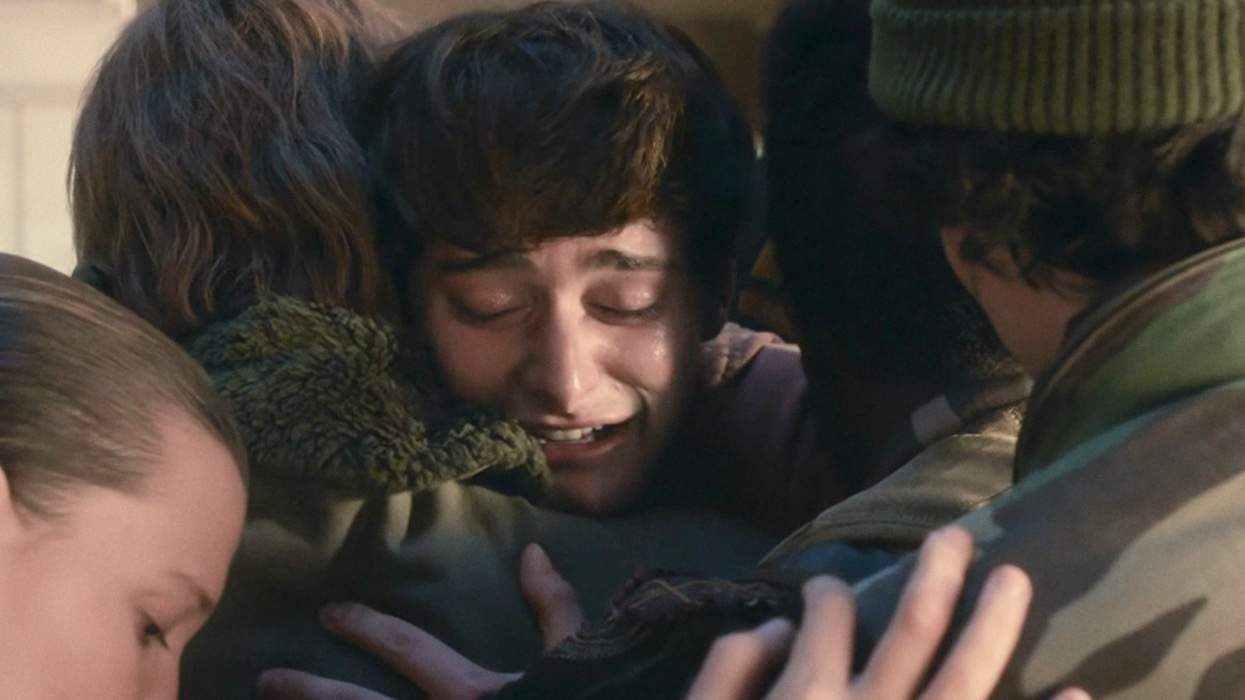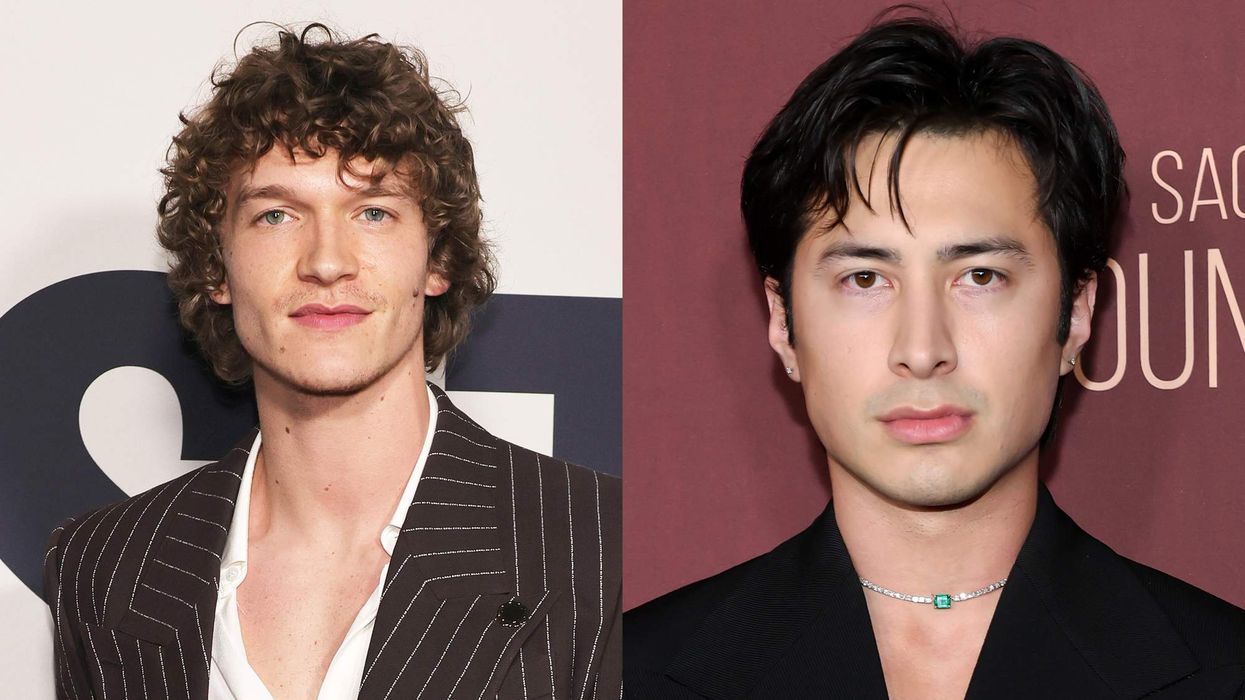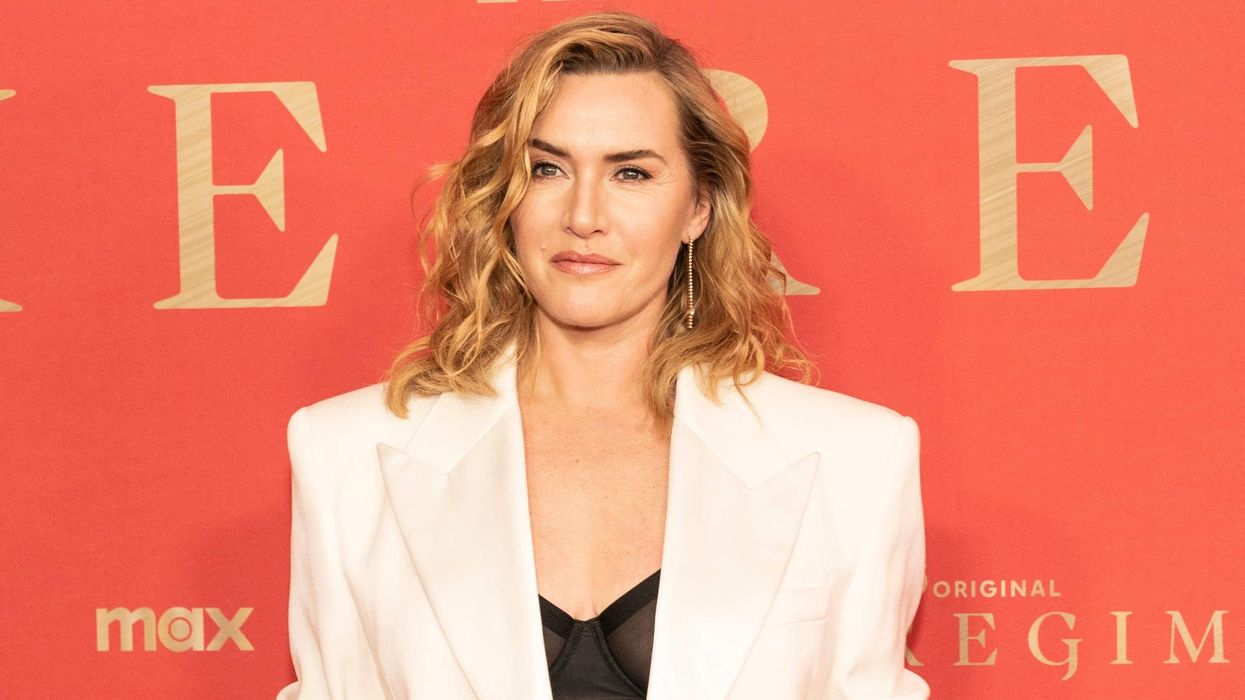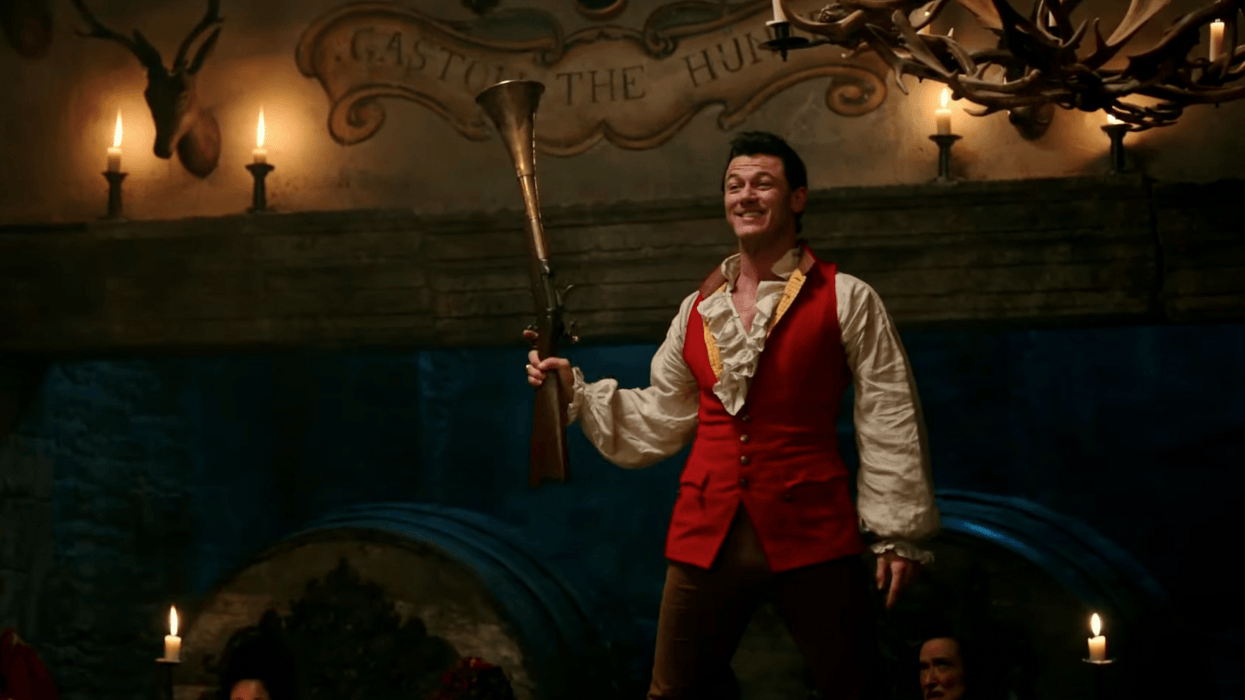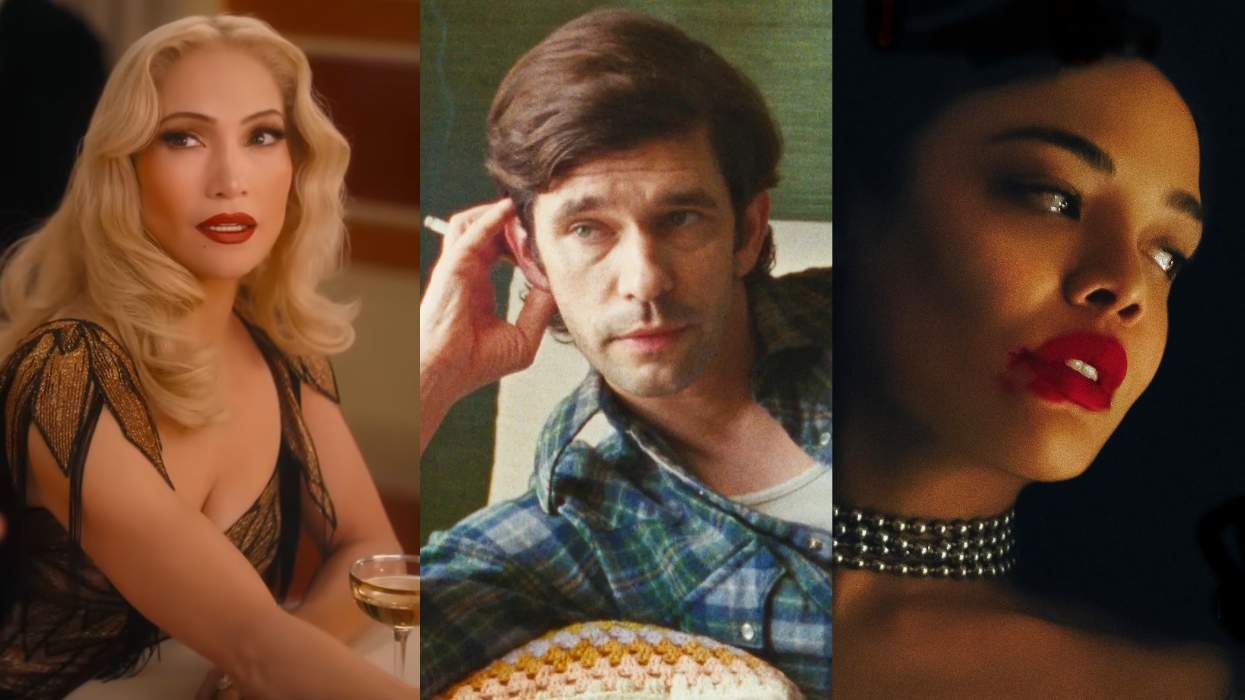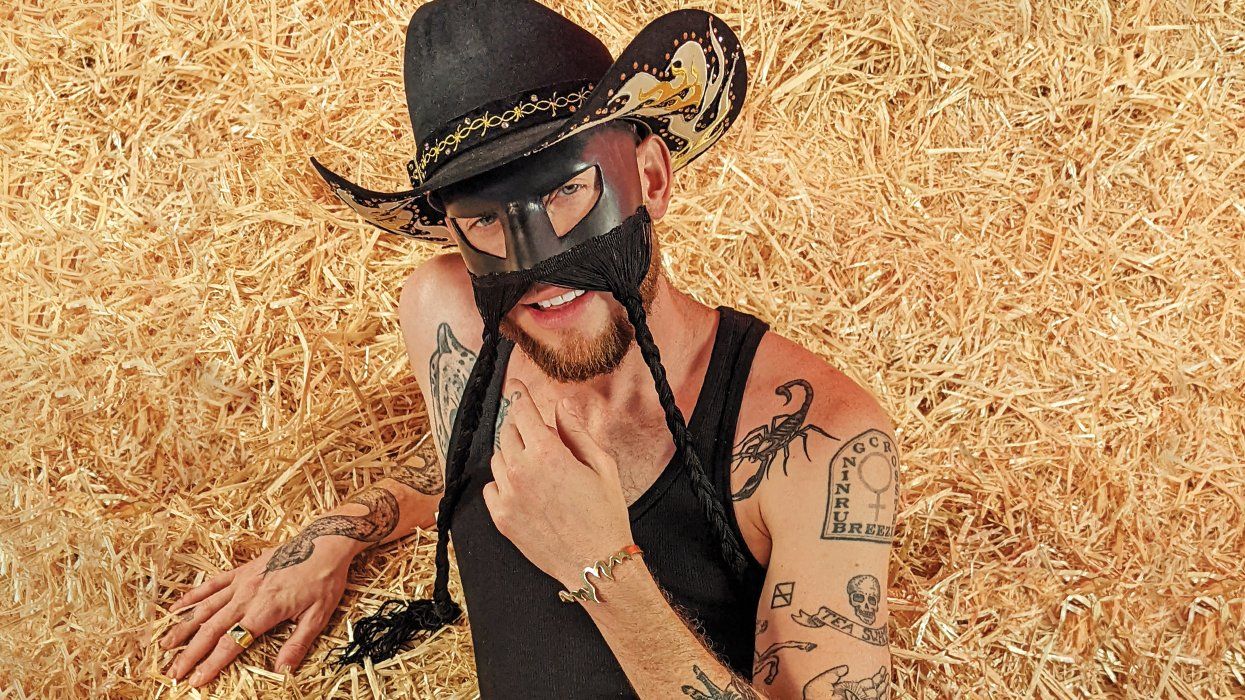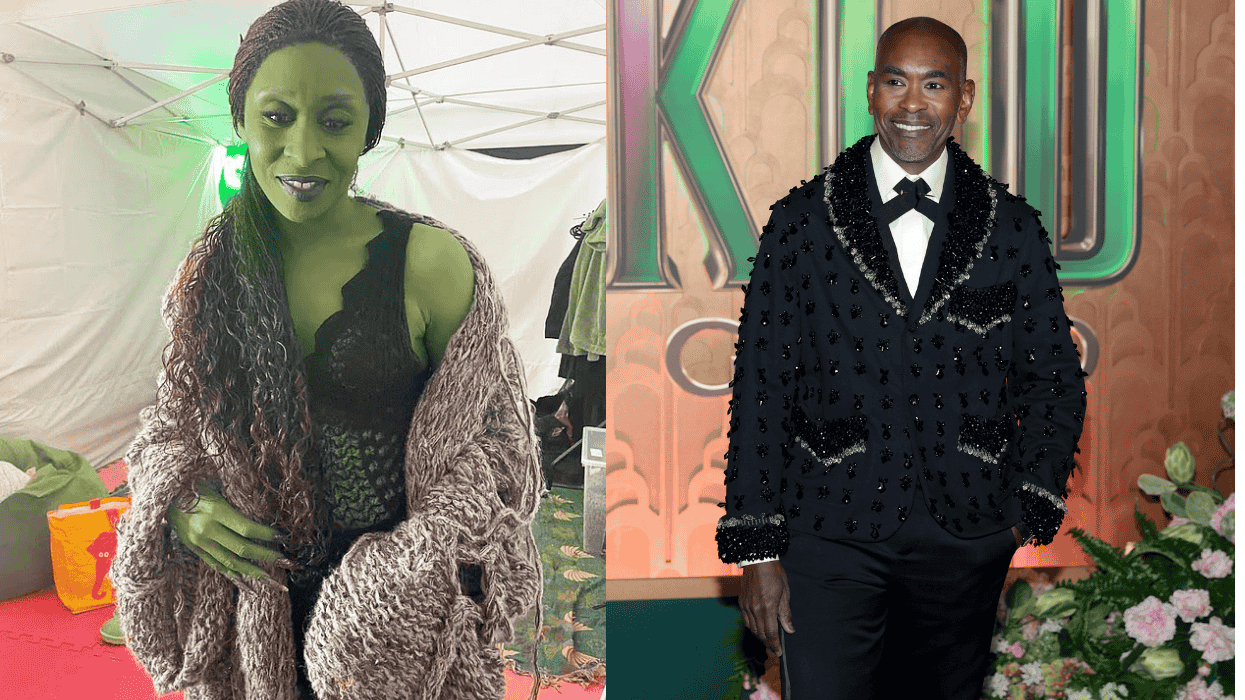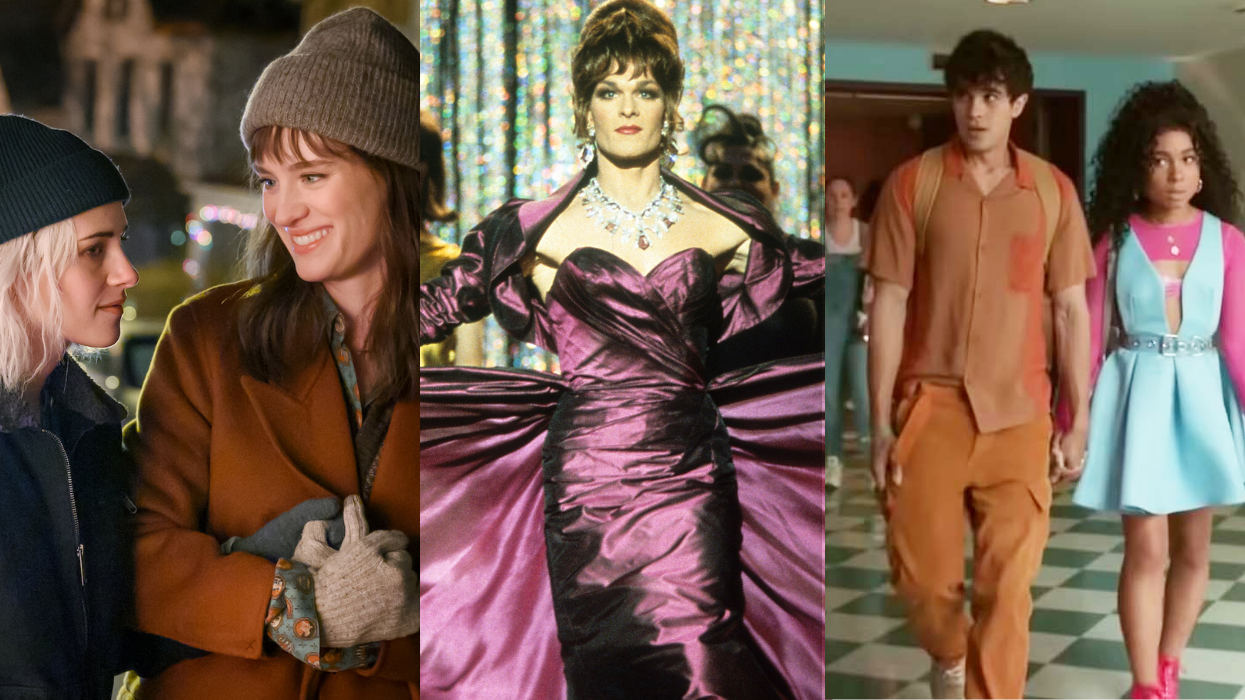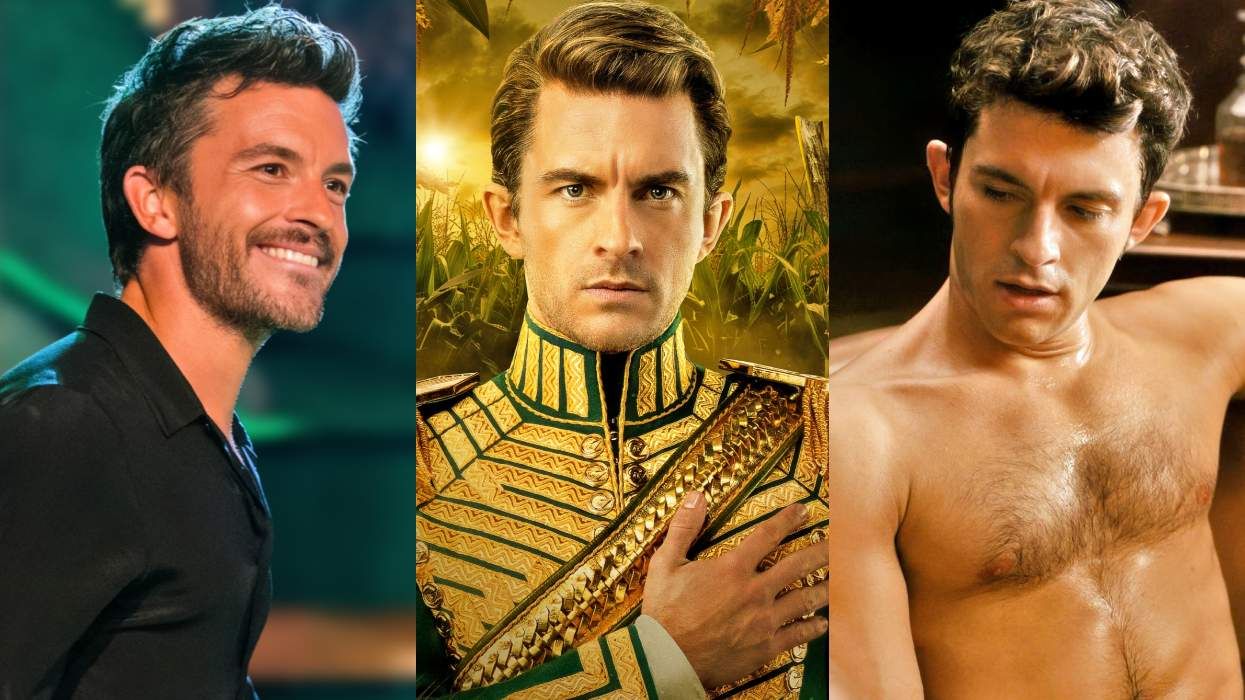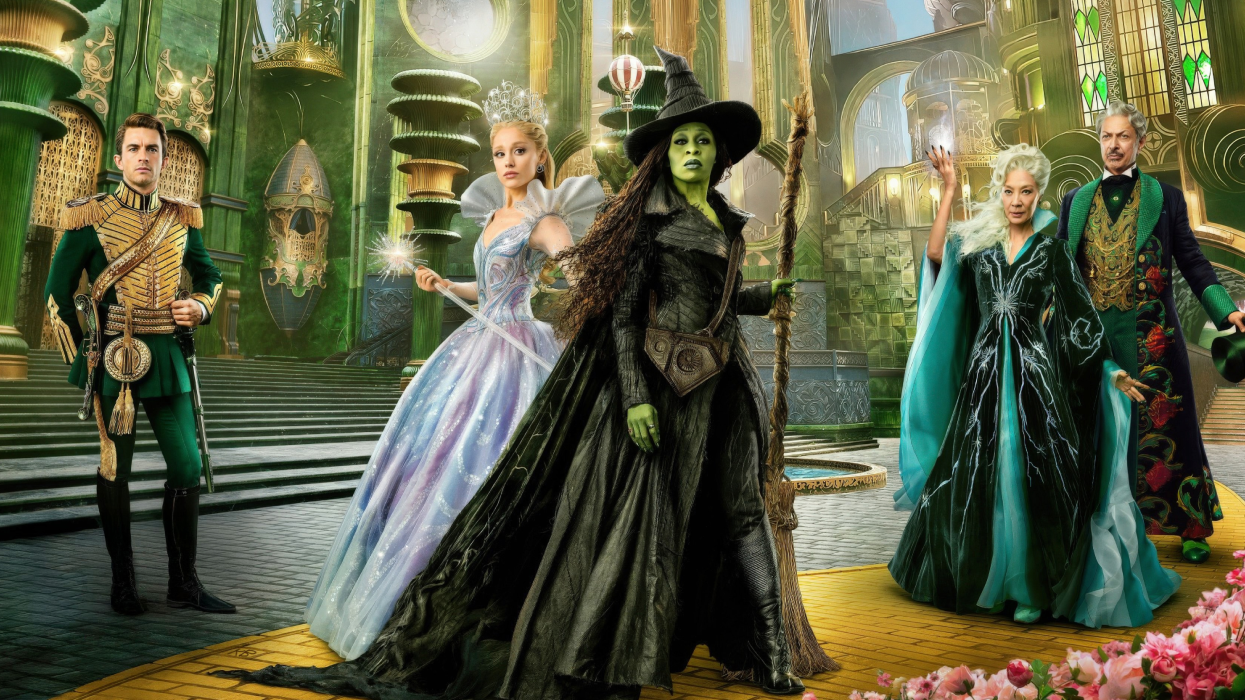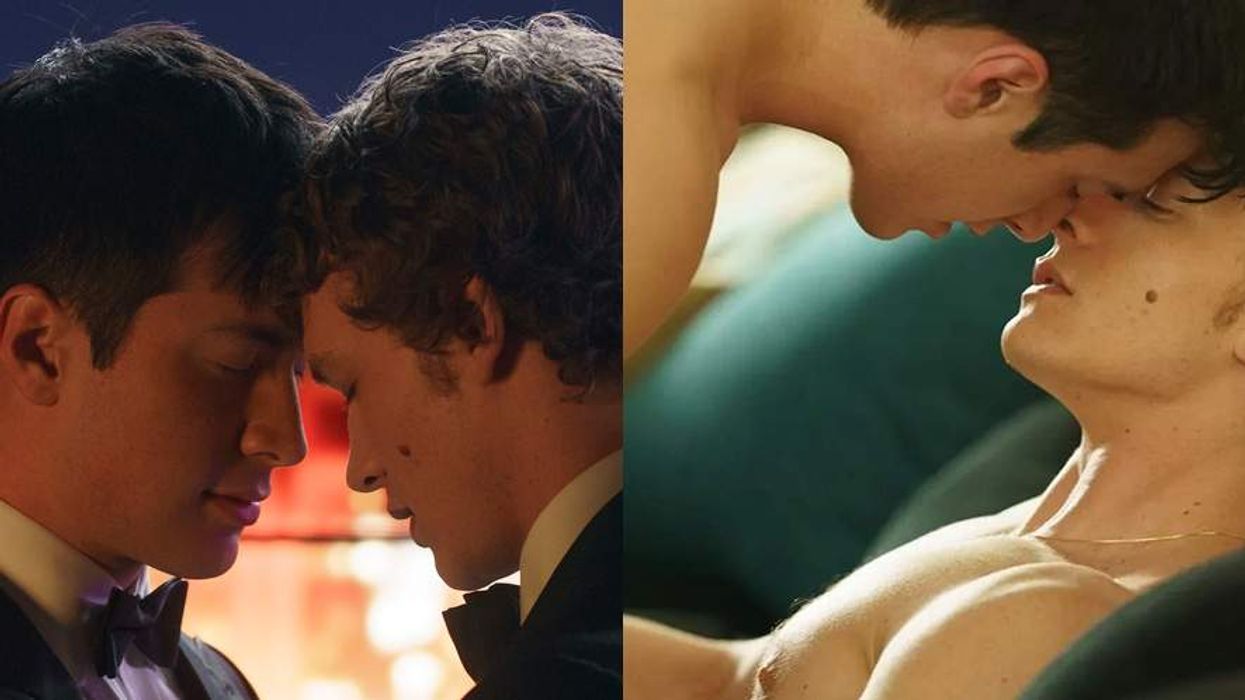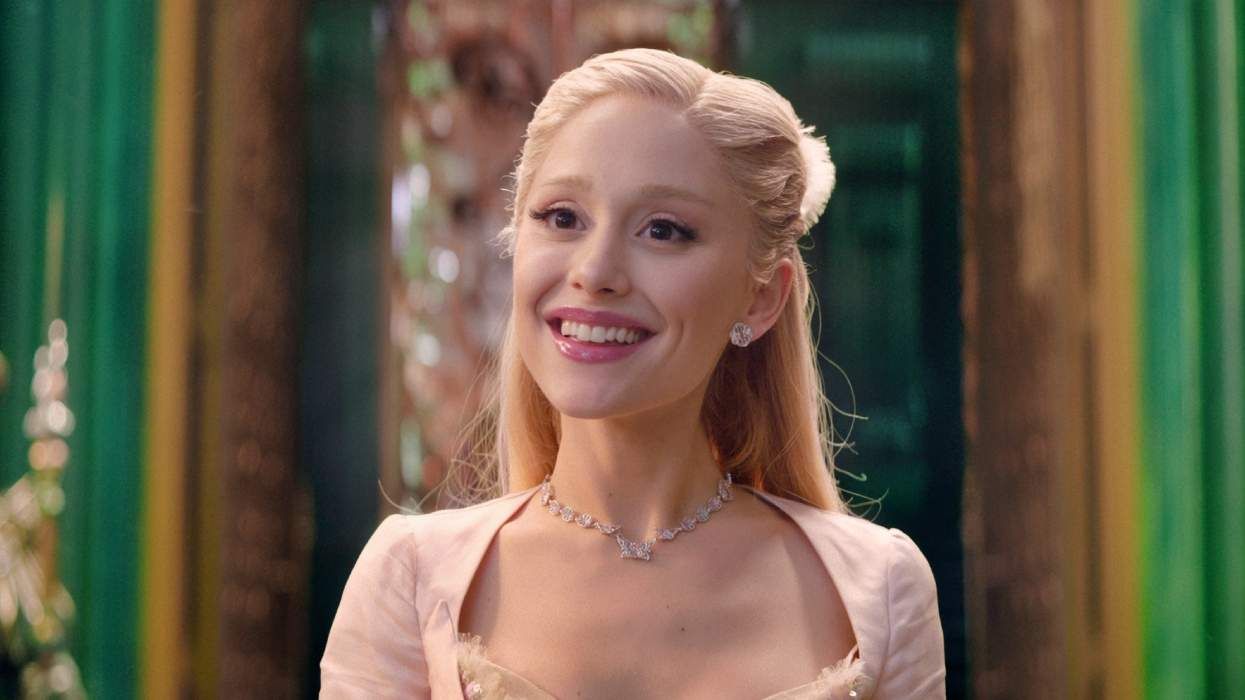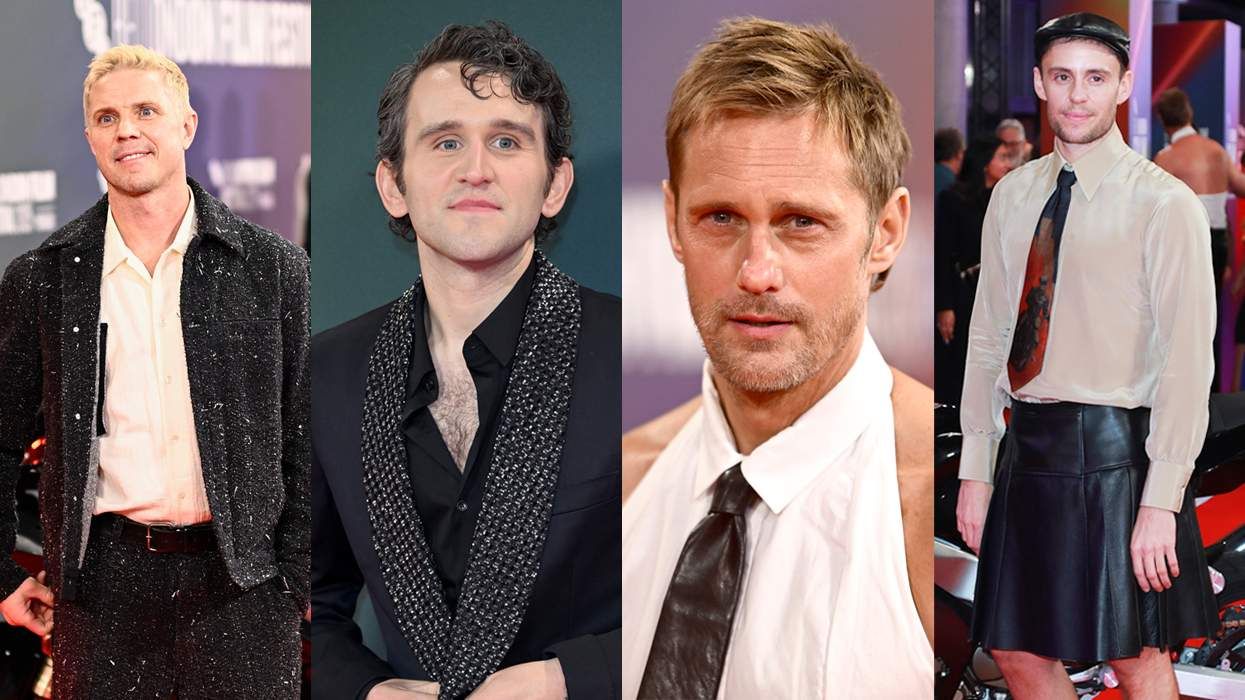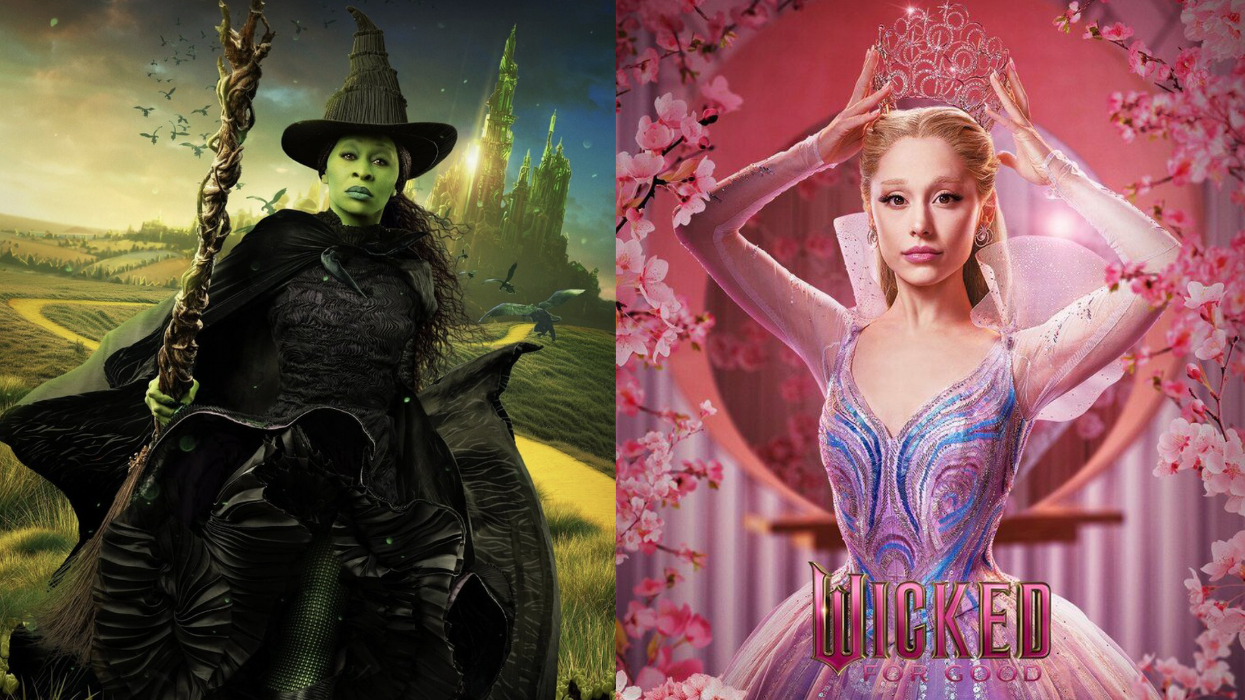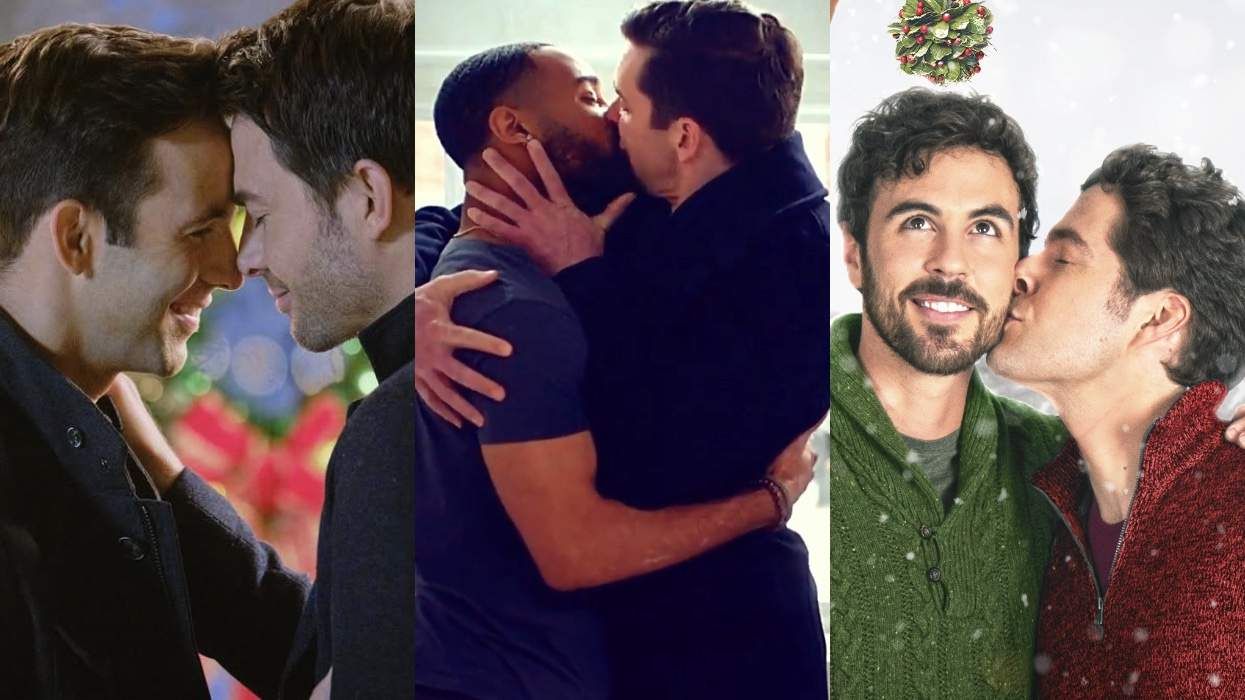Photo courtesy Larry D. Horricks/The Weinstein Company
Visiting Ralph Fiennes backstage at Theatre Royal Haymarket after a performance of The Tempest, one is greeted by a magnificent, shirtless Prospero -- a vivid reminder that although Shakespeare is generally an intellectual endeavor, the best Shakespearean actors possess a magnetic physicality.
The Schindler's List star is familiar to newer generations as a dark lord of popular culture -- he is Harry Potter's nostril-deficient nemesis, Voldemort, and plays Hades in the upcoming Wrath of the Titans. Fiennes, 49, is also going to be in Skyfall, the next James Bond flick, but he honed his chops at the Royal Shakespeare Company. The actor is now getting back to his roots with Coriolanus, an adaptation of Shakespeare's classic that he both directs and stars in and that opens nationally this month.
"I like the outrageous anger and contempt for the people," Fiennes says of the role as he slips on a checked shirt. "It's cathartic to express that extreme, sort of obscene outrage. To play that is an adrenaline fix."
The film delivers the Bard's original verse in a modern setting (it was shot in bleak Belgrade, Serbia) with an impressive cast, including Brian Cox and Vanessa Redgrave. The result is both shockingly violent and deeply moving.
Fiennes has long been fascinated by the play's rich themes, including the complex (and, frankly, homoerotic) relationship between the Roman general, Caius Marcius "Coriolanus," and the leader of the Volsces, Tullus Aufidius. A hypnotically intense Fiennes embodies Coriolanus as a buzzed-cut jarhead with a jagged scar on his face; a tattooed and smoldering Gerard Butler plays his relentless foe.
In one of the most highly charged scenes, Fiennes turns a corner in a bombed-out building, his eyes gleaming through streaks of dirt-blackened blood, and finds himself face-to-face with Butler. The two glare at each other--hearts racing, muscles tensing, knives in hand--and then lunge with animal savagery. In this fight, the men cannot let go; they grasp each other in a close embrace, as though all the world depended on it. "I certainly didn't want it to be on the nose," Fiennes says of the erotic tension. "It's there to be sensed, in the way that the men are grappling, locked in the fight. They can't let go of each other."
Later, Coriolanus's head is shaved in the shower by Aufidius. "Decode that how you want," Fiennes says. "Either it's ritual or it's in the imagination. I hope that it just feeds into the sense that there is potential for intimacy." Death and gloom and heartache aren't enough for tragedy: You also need the possibility of salvation, seemingly within reach, but finally elusive.
Is Coriolanus still relevant? It offers up themes of war and politics, the honor and exile. But perhaps most profound is of hope for companionship and understanding.



